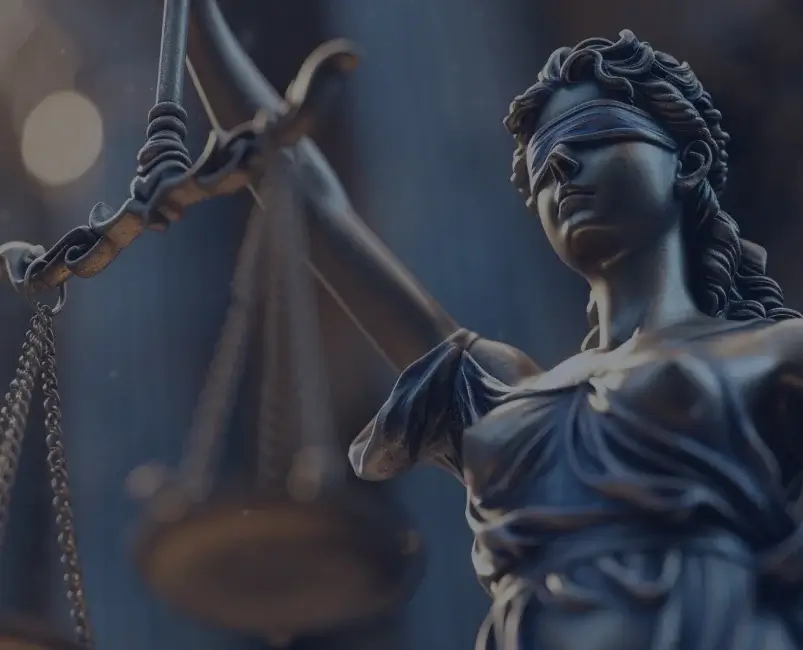Consult with a Skilled Providence Breathalyzer Defense Attorney
In Rhode Island, refusing a breathalyzer or chemical test following a DUI arrest is a punishable offense. Refusing a breath test can expose a person to a driver’s license suspension. Fortunately, a highly knowledgeable Rhode Island DUI attorney from the Law Office of Jason Knight can defend you against these consequences and advocate for a dismissal or reduction of your charges
Clients trust Attorney Knight to handle their cases because:
- Invaluable experience as a former prosecutor
- Results-driven advocacy, available 24/7
- Superb Avvo Rating for Criminal Defense
- Affordable payment options
What Is “Implied Consent?” in Rhode Island
Like many other states, Rhode Island has an implied consent statute in place regarding chemical tests. In other words, if you have been issued a Rhode Island driver’s license, you have already consented to take any chemical test that a police officer should request in the event that you are lawfully arrested. Officers can request up to two blood, breath, or urine tests to measure your blood alcohol concentration (BAC), and they must be completed as soon as possible after your arrest. If you refuse, you will be subject to various penalties under state law.
Call (401) 354-2255 for a Free Consultation on Breathalyzer Test Refusal Defense!
Penalties for Refusing a Breathalyzer or Chemical Test
Refusing a breathalyzer or chemical test can bring the following penalties:
- License suspension
- Community service
- Expensive fines
- Mandatory drug/alcohol treatment
- Possible jail time
These penalties vary depending on how many refusals a person has on their record. For example, a first refusal may result in a six-month license suspension and fines of up to $500, while a third refusal can lead to a license suspension of up to five years, 100 hours of community service, a $1,000 fine, and a stint in jail.
Frequently Asked Questions About Breathalyzer & Chemical Test Refusals
1. What happens if I refuse a breathalyzer or chemical test in Rhode Island?
Refusing a breathalyzer or chemical test in Rhode Island can lead to penalties such as license suspension, fines, community service, mandatory treatment programs, and even jail time, depending on your prior record.
2. Is refusing a breathalyzer the same as being charged with a DUI?
No, refusing a breathalyzer is a separate civil offense under Rhode Island’s implied consent law. However, it can still carry serious consequences and may be used as evidence in a related DUI case.
3. Can I fight a breathalyzer refusal charge in court?
Yes. With the help of a skilled DUI defense attorney, you can challenge the circumstances of the stop, the legality of the arrest, or the administration of the test to potentially have the charges reduced or dismissed.
4. How long will my license be suspended if I refuse the test?
A first-time refusal may result in a license suspension of up to six months. Repeat refusals can lead to suspensions of up to five years. The exact duration depends on your history and the facts of your case.
5. What is Rhode Island’s implied consent law?
Implied consent means that by driving in Rhode Island, you automatically agree to submit to chemical testing if lawfully arrested for suspected DUI. Refusing the test violates this agreement and triggers legal penalties.
Our Rhode Island DUI Lawyer Is Ready to Defend You
If you are facing charges for a breathalyzer or chemical test refusal, our breathalyzer refusal attorney can help you create a strong defense that seeks to minimize the negative impact of these charges. Our firm’s lawyer understands the law intimately, and we can use our extensive knowledge to negotiate for a desirable outcome on your behalf. We know your rights, and we know how to get the results you need.
Refused a breathalyzer or chemical test? Protect your future by requesting a free case evaluation today!


